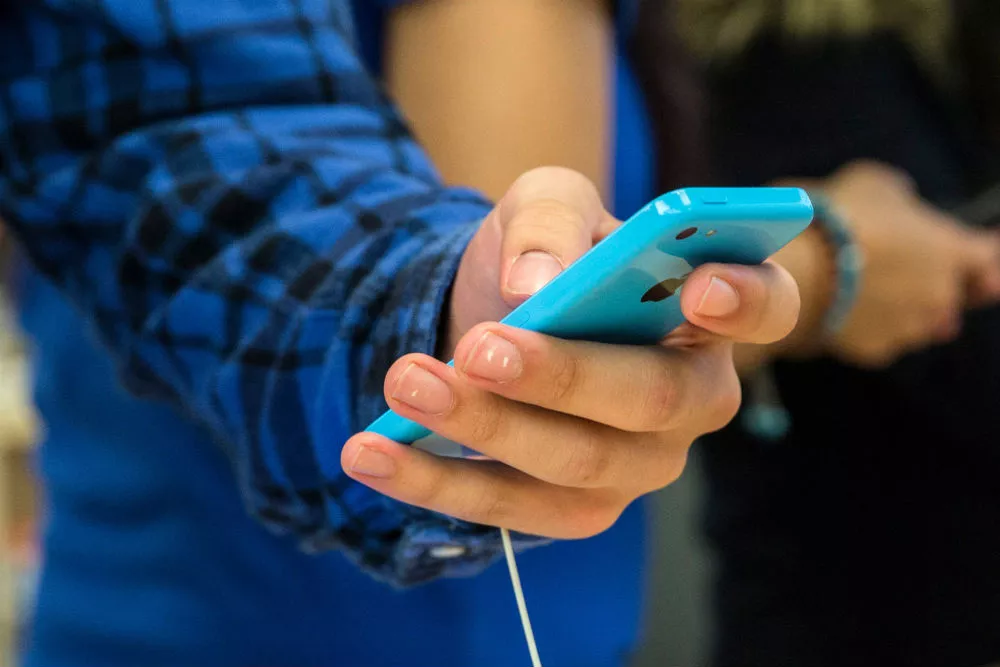Managing your personal finances can seem like a daunting task, but creating a personal budget is the first step to organizing your expenses and ensuring a more stable financial future. Many people have difficulty keeping track of their monthly expenses, which can lead to debt accumulation and a lack of planning for emergencies or large investments. However, with some tips for organizing personal finances, it is possible to establish effective financial control.
One personal budget that actually works lets you see where your money is going, helping you identify areas where you can save and adjust your spending to suit your financial goals. In this article, you will learn how to make a personal budget practical and simple, in addition to knowing tools and applications that can help in this process. The goal is for you to be able to build a more organized financial life and achieve your goals effectively.
The importance of creating a personal budget
Creating a monthly budget is essential for anyone who wants to have a good personal financial control. It helps you keep your finances in order by giving you a clear view of how much you earn and how much you spend each month. Without this planning, it’s easy to lose control and end up spending more than you should, which leads to debt.
Furthermore, a effective personal budget can be the key to achieving bigger goals, like buying a home, taking a dream trip, or building an emergency fund. By knowing exactly where your money is going, you have more control over your finances and can save money with budget, adjusting expenses according to your priorities.
How to create a personal budget step by step
If you are wondering how to create a personal budget that works, follow this simple step by step:
1. Record all your sources of income
The first step is to list all of your sources of income. This includes your regular salary, investment income, freelance work, and any other income. This total amount will be the basis of your budget.
2. List all your expenses
Next, make a detailed list of all your monthly expenses, both fixed and variable. Fixed expenses include rent, electricity, water and internet bills, for example. Variable expenses can include food, entertainment, transportation and occasional purchases.
3. Classify your expenses
Once you have listed all your expenses, divide them into categories, such as housing, transportation, food, leisure, debts, etc. This categorization helps you visualize where your biggest expenses are and makes it easier to identify possible cuts.
4. Set financial goals
Now that you have a clear view of your income and expenses, set your financial goals. It could be building an emergency fund, paying off debt, or planning a big purchase. With these goals in mind, you can adjust your budget to prioritize those achievements.
5. Monitor and adjust
Once you have your budget in place, monitor it monthly to see if it is working. Don’t be afraid to make adjustments. effective personal financial control requires you to constantly review and adapt your finances as your needs and goals change.
Apps to help you control your personal budget
There are several tools for expense control that can make the process of creating and monitoring a budget much easier. Below, we’ve listed five apps that can help you manage your finances effectively.
1. Mobills
O Mobills is one of the most popular apps when it comes to financial control. It offers a complete platform for monitoring your expenses and income, helping you organize your personal budget effectively. With it, you can create expense categories, set goals, and view graphs that show where you're spending the most.
One of the great advantages of Mobills is the ability to set reminders for bill payments, ensuring you never miss a deadline. The app also offers a premium version with advanced features, such as exporting detailed reports on your financial planning.
2. Guiabolso
Another application that stands out in Brazil is Guiabolso. In addition to being a tool for controlling expenses, it allows you to connect your bank accounts and credit cards, monitoring all your transactions automatically. This makes the process of adjusting a budget much easier. monthly budget.
O Guiabolso It also offers detailed analysis of your finances, suggesting where you can save and improving your financial management over time. This makes it an essential tool for those looking for a effective personal financial control.
3. Organize
O Organize It is an excellent option for those who prefer a simple but functional platform. It allows you to record your expenses, categorize them and closely monitor the balance available for the month. Ideal for those who are just starting to learn how to make a personal budget and need a practical tool to manage money.
With the Organize, you can also set goals and view detailed expense reports, which greatly helps in controlling your financial planning for beginners.
4. YNAB (You Need A Budget)
For those looking for a more robust application, YNAB (You Need A Budget) is an excellent choice. This app is widely used in the United States, but has also been adopted by many Brazilians. It follows a budgeting philosophy in which you assign a function to each real that comes in, which can greatly help to create a effective personal budget.
O YNAB offers a more rigorous approach to financial control, being ideal for those who want a effective personal financial control and detailed. Although the application is paid, it can be a powerful tool for those who want to organize their finances definitively.
5. My Savings
O My Savings is a free Brazilian application that offers complete features for budget control. It allows you to record all your expenses and income, categorize your spending and track detailed graphs of your financial performance.
Furthermore, the My Savings helps you set savings goals and track your progress over time, making it a great option for those who want to save money with budget in a simple and efficient way.
Additional features of financial control applications
The applications of personal financial control are more than just tools for recording income and expenses. Many of them offer extra features that can help you optimize your personal budget. This includes the ability to set overspending alerts, automatically calculate your available balance for the month, and create detailed reports of your finances.
Additionally, some apps offer personalized savings tips based on your spending habits. These features are especially useful for those who are just starting out with a budget. financial planning for beginners and want to continually improve your finances.
Conclusion
Create a personal budget that actually works is essential to ensure control over your finances and achieve your financial goals. By following a simple step-by-step guide, you can organize your expenses, save money with budget and have a more stable financial life.
Use tools for expense control, like the Mobills or the Guiabolso, can make the process easier and ensure that you keep your effective financial planning. Remember to review your budget monthly and adjust it as needed, ensuring it continues to work for your long-term needs and goals.





